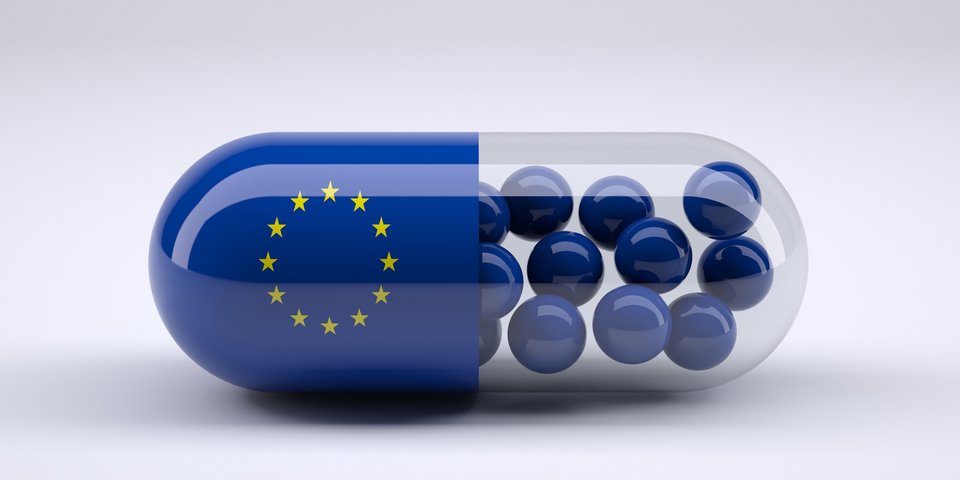 ©fabioberti.it - stock.adobe.com
©fabioberti.it - stock.adobe.comPatent Waiver" – patent protection for COVID vaccines
Compromise expected in June
UM – 05/2022
A solution to the controversy over a temporary suspension of intellectual property rights protection for COVID-19 drugs, diagnostics and vaccines is emerging. Mid-March, a compromise text on the so-called "patent waiver" went through, and negotiations at the World Trade Organisation (WTO) resumed beginning of May. The European Commission already signalled end of March that it agreed in principle with the proposal, which was drafted after tough wrangling between the EU, South Africa, India and the USA. The controversy over how to increase production capacity for products to combat coronavirus worldwide seems to be coming to an end.
Suspend TRIPS agreement
The starting point was a request by India and
South Africa for a comprehensive waiver of intellectual property rights for
COVID-19 vaccines, diagnostics and therapeutics. In order to address the
prevention, containment and treatment of COVID-19, several sections of the
TRIPS agreement (trade-related aspects of intellectual-property rights) should be temporarily
suspended. The WTO agreement set the minimum standards for the protection of,
among other things, copyrights, trademarks and trade secrets as early as 1995. The proposal
of 2nd October 2020 subsequently received the support of a large
number of countries from Africa, Latin America and Asia, as well as a wide
range of more than 375 civil society organisations (see
here).
EU: patent protection does not solve the problem
On the 10th of June last year, the
European Parliament had also called on the European Commission in a resolution
to work for a temporary repeal of the TRIPS agreement. This was to improve
global access to affordable COVID-19 medical products and address global
production constraints and supply shortages (see
here).
The request did not meet with the approval of
the Commission. Germany, Portugal, Belgium and the United Kingdom also warned
against the suspension of patent protection. According to the critical voices,
industrial innovation needs a reliable and stable protective framework. Milder
means would be available. The European Commission pointed out the need for
cooperation and referred to the possibility of chargeable compulsory licences. After all, every technology transfer requires know-how.
In other words, knowledge and skills that are likely to be available, in
principle in India, the world's largest producer of generic drugs, or even in
China. A vaccine factory is under construction in South Africa.
Patent Waiver for vaccines only
The compromise text allows the free use of
patents necessary for the manufacture and supply of COVID-19 vaccines – without
the consent of the rights holder – to the extent necessary to combat the
COVID-19 pandemic. However, the permit only applies to developing countries
that have exported less than 10 percent of the world's coronavirus vaccine
doses in 2021. The proposal also allows vaccine production to be promoted by
means such as judicial or administrative orders. The extension of the solution
to therapeutics and diagnostics is to be discussed and decided again after six
months.
A compromise that satisfies no one
Advocates of broader global access to COVID-19
medical products strongly criticise the limitation of the compromise proposal
to vaccines. Even today, countries could allow the involuntary use of patents
under the TRIPS agreement, for example in the case of a health emergency. For
industry, the vaccine patent exemption would cost money and undermine
incentives for investors should another pandemic occur.
Freeloader China
On 10th May, developing country China
also signalled support for the proposal to the WTO, provided developing
countries exporting more than ten percent of the world's COVID-19 vaccines were
not excluded. For China, this is 32.6 percent! What sounds like a willingness
to compromise calls into question central components of the agreement proposal
and burdens the further course of the negotiations. WTO members are required to
make a final decision on the vaccine issue by the 12th Ministerial
Conference mid-June.
